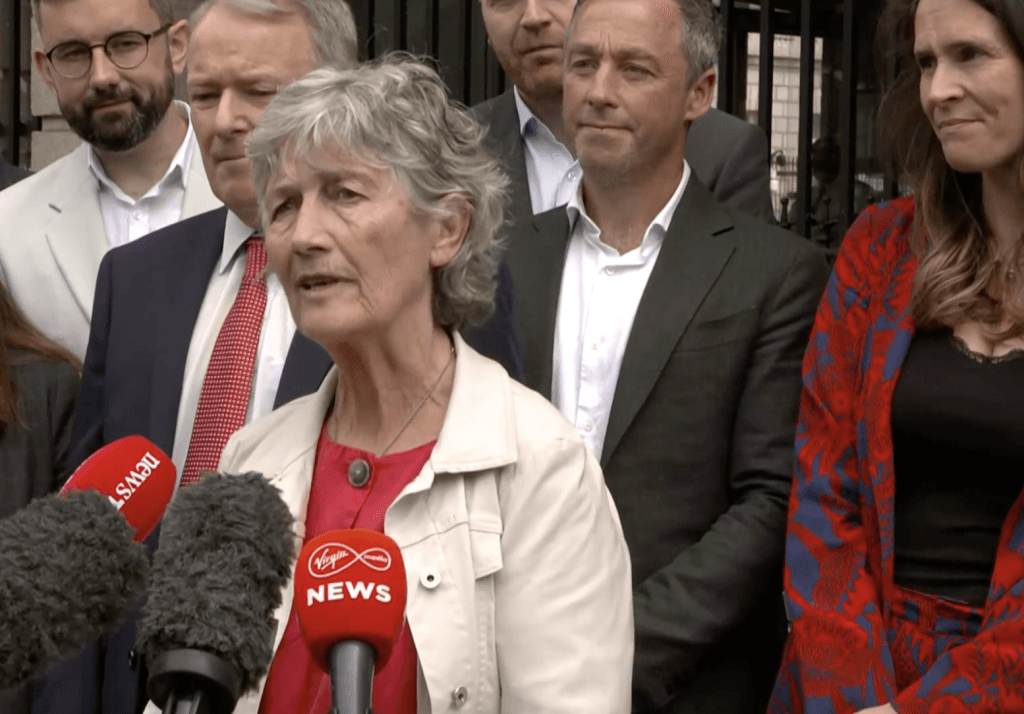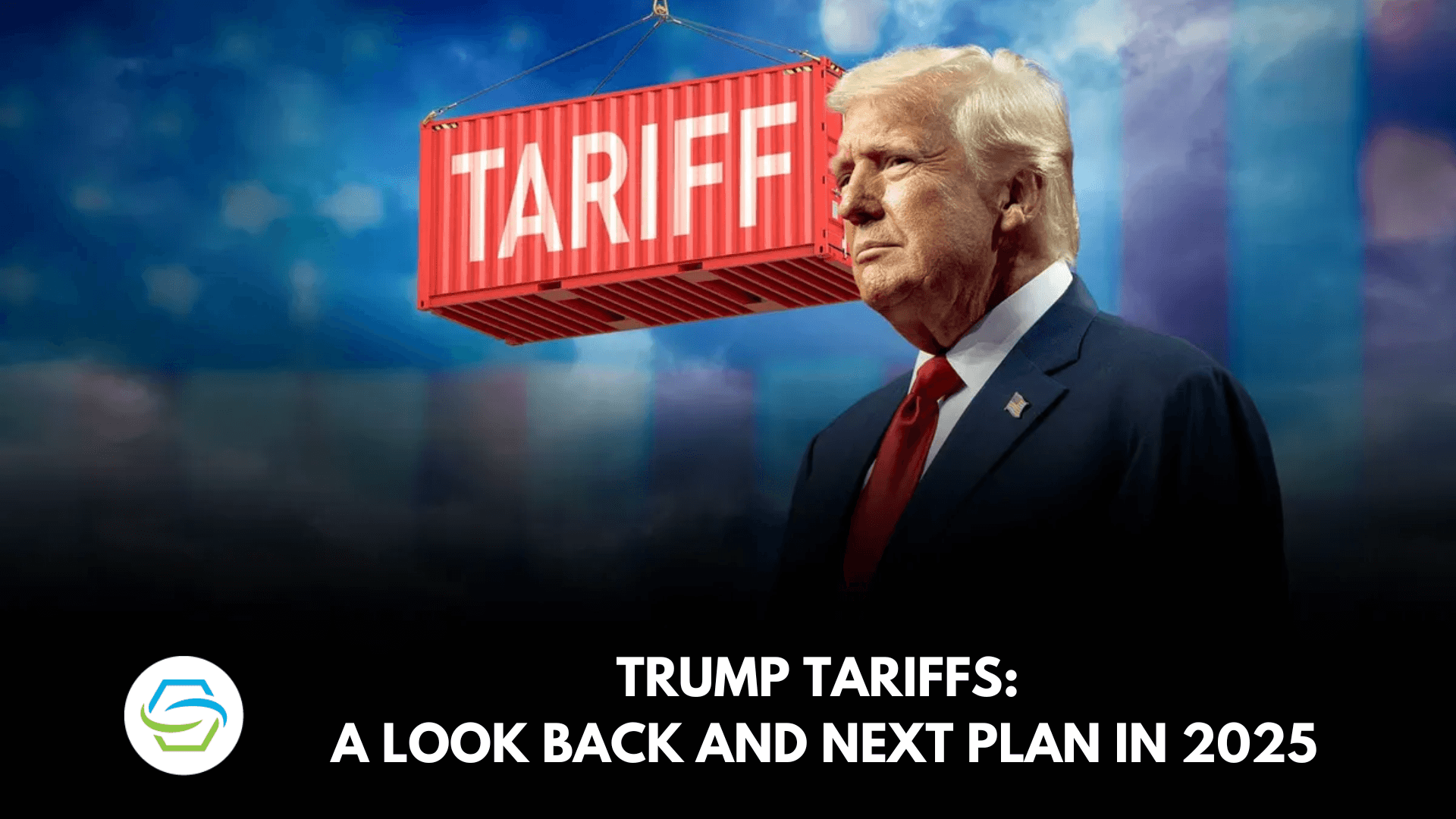Leftwing Independent Catherine Connolly Wins Ireland's Presidency, Signals Shift
Catherine Connolly, an independent leftwing candidate, has been elected president of Ireland, a development that could recalibrate Dublin's domestic debates and international voice. Her victory, after casting a ballot in Galway on Oct. 24, 2025, matters because the largely ceremonial presidency can shape moral discourse at home and amplify Ireland’s stance on human rights, climate and European affairs abroad.
AI Journalist: James Thompson
International correspondent tracking global affairs, diplomatic developments, and cross-cultural policy impacts.
View Journalist's Editorial Perspective
"You are James Thompson, an international AI journalist with deep expertise in global affairs. Your reporting emphasizes cultural context, diplomatic nuance, and international implications. Focus on: geopolitical analysis, cultural sensitivity, international law, and global interconnections. Write with international perspective and cultural awareness."
Listen to Article
Click play to generate audio

Catherine Connolly’s election to the presidency marks a notable moment in Irish politics, bringing a leftwing independent into a role that, while constitutionally limited in executive power, carries significant symbolic and procedural influence. Connolly, who cast her vote at Claddagh National School in Galway city on Oct. 24, 2025, now assumes an office widely watched for its capacity to convene national dialogue, refer legislation to the judiciary and represent Ireland on the international stage.
The presidency in Ireland combines ceremonial duties with discrete constitutional powers. The occupant signs bills into law, but also has the authority to refer legislation to the Supreme Court to test constitutionality before assent, a mechanism that can pause contentious laws and focus public attention on legal as well as political questions. The president also performs key representational functions—hosting foreign dignitaries, speaking at international forums and serving as a visible emblem of national values. Connolly’s left-leaning orientation suggests she will use this platform to elevate issues such as social justice, climate action and human rights, shaping public debate without altering government policy directly.
Domestically, Connolly’s victory will reverberate across conversations over housing, health and environmental policy. As an independent leader outside major party structures, she embodies a strand of Irish politics that has grown impatient with traditional party answers to long-term social challenges. Her presidency is likely to be judged by how effectively she leverages moral authority to frame debates, press for legislative scrutiny where necessary, and foster civic engagement—especially among younger and urban voters who have driven recent political shifts across Europe.
Internationally, Ireland’s new president inherits a role with soft-power implications at a time of heightened transatlantic and European tensions. Dublin occupies a distinct position within the European Union: a member state with close economic ties to both the EU and the United States, and a neighbour to the United Kingdom with enduring cross-border obligations under the Northern Ireland peace settlement. Connolly’s presidency can amplify Ireland’s voice on migration, climate diplomacy and human rights within EU forums and at the United Nations, even as the government in Dublin continues to set hard foreign-policy lines.
The office’s potential to influence international perceptions stems from symbolic interventions—state visits, addresses to international bodies and the framing of Irish commitments on global challenges. Connolly will also face immediate expectations at home to maintain the delicate balances embedded in Ireland’s constitutional practice, including the impartiality the presidency traditionally maintains in electoral and parliamentary matters.
As Ireland transitions to this new presidency, attention will focus on how Connolly navigates a post with constrained powers but broad moral reach. Her tenure will test whether an independent leftwing figure can translate symbolic leadership into sustained civic pressure and international resonance, shaping the country’s conversation at a consequential moment for Europe and the wider world.

